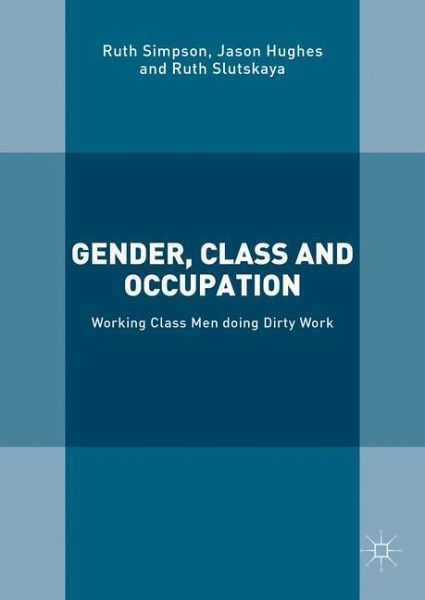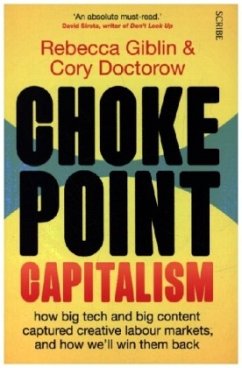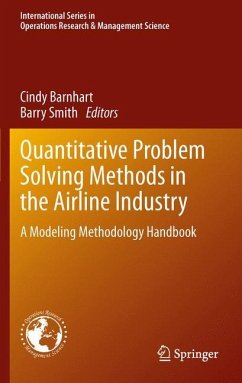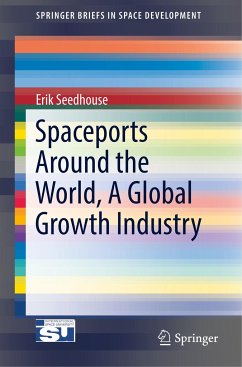
Gender, Class and Occupation
Working Class Men doing Dirty Work

PAYBACK Punkte
46 °P sammeln!
This insightful new study explores an emerging and growing interest in Sociology and Organization Studies which concerns the meanings and experiences of 'dirty' work. Based on a unique study of male street cleaners, refuse collectors, graffiti removers and butchers, and drawing on Bourdieu as a theoretical frame, it presents an 'embodied' understanding of 'dirty' work. Gender, Work and Occupation explores new avenues of workplace studies, highlighting how material conditions both support and constrain processes of occupation-based ideological constructions. Using original field research, the a...
This insightful new study explores an emerging and growing interest in Sociology and Organization Studies which concerns the meanings and experiences of 'dirty' work. Based on a unique study of male street cleaners, refuse collectors, graffiti removers and butchers, and drawing on Bourdieu as a theoretical frame, it presents an 'embodied' understanding of 'dirty' work. Gender, Work and Occupation explores new avenues of workplace studies, highlighting how material conditions both support and constrain processes of occupation-based ideological constructions. Using original field research, the authors put forward a different agenda in terms of how we think about dirty work, and how we can explore and understand the 'lived experiences' of dirty workers.














